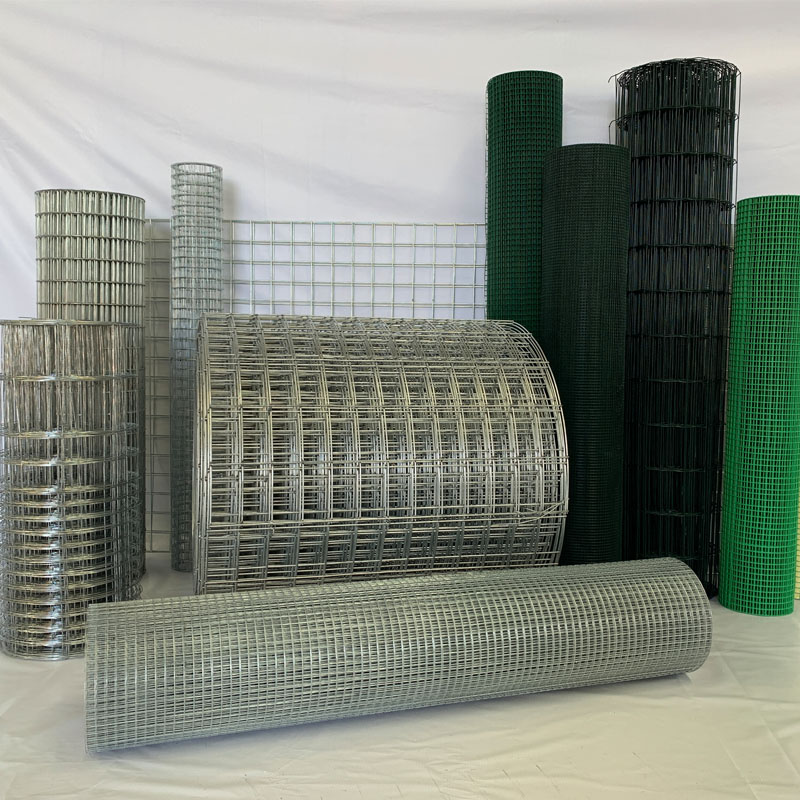heavy gauge galvanized wire
Understanding Heavy Gauge Galvanized Wire Properties and Applications
Heavy gauge galvanized wire is a versatile material that has gained immense popularity across various industries due to its robust properties and durability. This article will delve into the characteristics, manufacturing processes, and diverse applications of heavy gauge galvanized wire.
What is Heavy Gauge Galvanized Wire?
Heavy gauge galvanized wire refers to steel wire that has undergone a galvanization process, which involves coating the steel with a layer of zinc. This zinc coating protects the steel from corrosion and rust, significantly extending the wire's lifespan, particularly when exposed to harsh environmental conditions. The term heavy gauge indicates that the wire is thicker and offers higher tensile strength compared to standard wire gauges, making it suitable for demanding applications.
Properties of Heavy Gauge Galvanized Wire
1. Corrosion Resistance The primary advantage of galvanized wire is its ability to resist corrosion. The zinc layer acts as a barrier between the steel and the elements, preventing moisture and oxygen from causing rust.
2. High Tensile Strength Heavy gauge wire is designed to withstand significant stress and strain. Its thickness provides added strength, making it ideal for applications where durability and support are essential.
3. Flexibility Despite its robustness, heavy gauge galvanized wire exhibits a degree of flexibility, allowing it to be bent or manipulated without breaking, which is crucial for various installation processes.
4. Longevity The combination of its heavy gauge and galvanization means that this wire can last for several years, minimizing the need for replacements and repairs.
Manufacturing Process
heavy gauge galvanized wire

The manufacturing of heavy gauge galvanized wire involves several stages. First, high-quality steel is drawn into wire of the desired diameter. Once the wire is produced, it undergoes the galvanization process, which can be achieved through methods such as hot-dip galvanization or electro-galvanization. In hot-dip galvanization, the wire is immersed in molten zinc, resulting in a thick coating. On the other hand, electro-galvanization involves applying a zinc layer through an electrochemical process, which offers a thinner, more uniform coating.
Applications
Heavy gauge galvanized wire has a wide range of applications across various industries
1. Construction It is commonly used in construction for reinforcing concrete structures, in fencing for agricultural and industrial purposes, and in cable production.
2. Agriculture Farmers often utilize heavy gauge galvanized wire for livestock fencing, trellising vines, and supporting various agricultural structures.
3. Manufacturing In manufacturing, it is used for making springs, fasteners, and other components that require high strength and durability.
4. Crafting and DIY Crafters and DIY enthusiasts appreciate this wire for its versatility in projects ranging from jewelry making to home décor.
5. Electrical Applications Heavy gauge galvanized wire can also be found in some electrical applications where strength is necessary, such as grounding wires.
Conclusion
In summary, heavy gauge galvanized wire is an essential material that offers significant benefits due to its strength, durability, and resistance to corrosion. Its diverse applications across various sectors underscore its value in both industrial and everyday environments. Whether used in construction, agriculture, or crafting, this wire continues to be a reliable choice for those seeking long-lasting and robust solutions. As industries evolve and requirements change, the role of heavy gauge galvanized wire is likely to expand further, reinforcing its status as a staple in modern manufacturing and construction.
-
Space-Saving Chain Fence Hacks Vertical Gardening with Cyclone MeshNewsJul.16,2025
-
Innovations in Iron Nail Wire Production for Modern ConstructionNewsJul.16,2025
-
Creative Uses of Wire Netting Fence in Modern Landscape DesignNewsJul.16,2025
-
Barbed Wire Fence Innovations in Anti-Climb TechnologyNewsJul.16,2025
-
Architectural Uses of Umbrella Nails for Aesthetic Roof DesignsNewsJul.16,2025
-
Architectural Uses of Razor Barbed Wire in Secure Urban DesignNewsJul.16,2025




